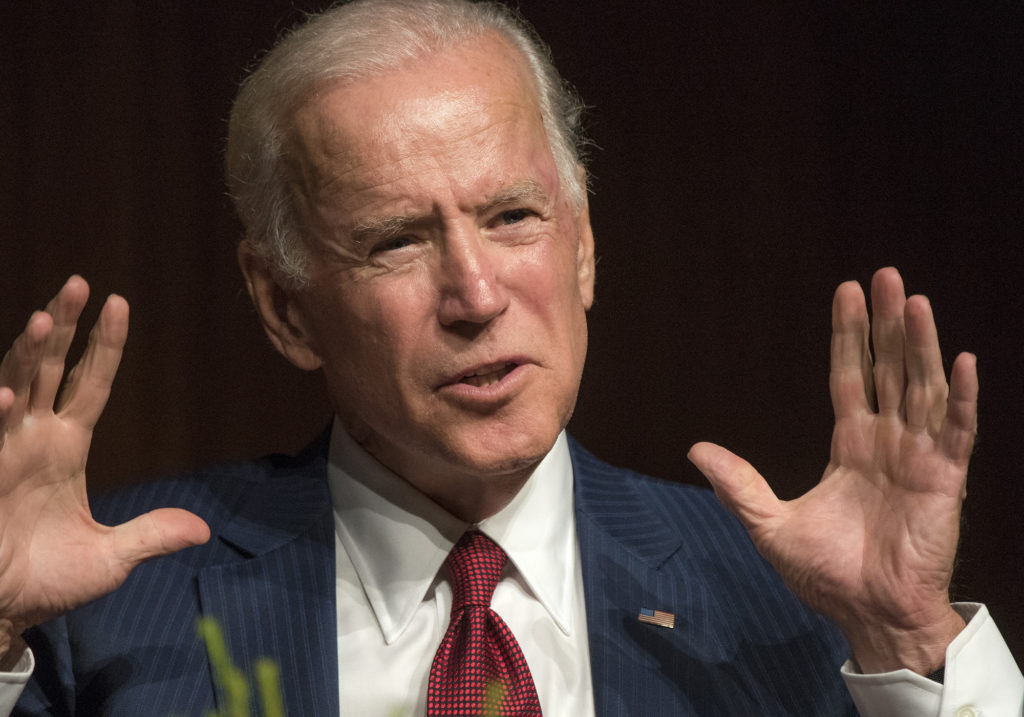 The first presidential debate was held on September 29, and though sound policy was not the focus of the night, Biden made clear his position on renewable energy in the United States. In response to a question regarding the efficacy of the Green New Deal, Biden stated,
The first presidential debate was held on September 29, and though sound policy was not the focus of the night, Biden made clear his position on renewable energy in the United States. In response to a question regarding the efficacy of the Green New Deal, Biden stated,
“Nobody’s going to build another coal-fired plant in America. No one is going to build another oil-fired plant in America. They’re going to move to renewable energy.”
Indeed, Biden’s official energy and environmental policy seems consistent with his desire to stop building coal-fired and oil-fired plants in America. His energy platform aims to, “achieve a carbon pollution-free power sector by 2035,” though he does not state what “ambitious” moves would be necessary to do so. He also plans to “Upgrade 4 million buildings and weatherize 2 million homes over 4 years,” and build another 1.5 million sustainable homes – again, without discussion of how these goals would be achieved. Energy utilities, though not stating that Biden’s plan is impossible, would need to plan massive adjustments in order to meet these goals by 2050, let alone 2035.
Biden’s other statements are in accordance with his promises in the debate. Biden promised during a CNN debate in July 2019 that, “we would make sure it is eliminated,” in response to a question about fracking, despite later backtracking his statement to apply only to fracking on public lands. And although Biden’s campaign as recently as August 20 stated Biden is “unlikely” to push for a carbon tax if elected, his June 2019 platform called for a “price” on carbon emissions – in other words, a tax.
Though President Trump did not comment strongly on energy issues during the debate, his administration has prioritized economic growth above reducing emissions. According to his website, Trump has expanded offshore drilling, increased exports to the global energy market, and allowed for new leases of oil and gas development on federal lands. Regarding renewable energy and climate change, President Trump withdrew the United States from the Paris Climate Accords and repealed some emissions regulations implemented by the Obama administration. Most importantly to Alaskans, he signed legislation to open the Arctic National Wildlife Refuge (ANWR) to domestic energy production.
Energy policy affects every American, but Alaskans should be particularly careful to ask what exactly each candidate promises. Though President Trump can be judged based on actions in his first term, Biden is uncomfortably vague with his promises on energy: Will fracking be banned everywhere? Will he follow through on his debate promise to prevent the development of coal- and oil-fired plants? Will a carbon tax be implemented when it becomes popular again? Alaskans should carefully consider the record and promises of each candidate on energy issues.